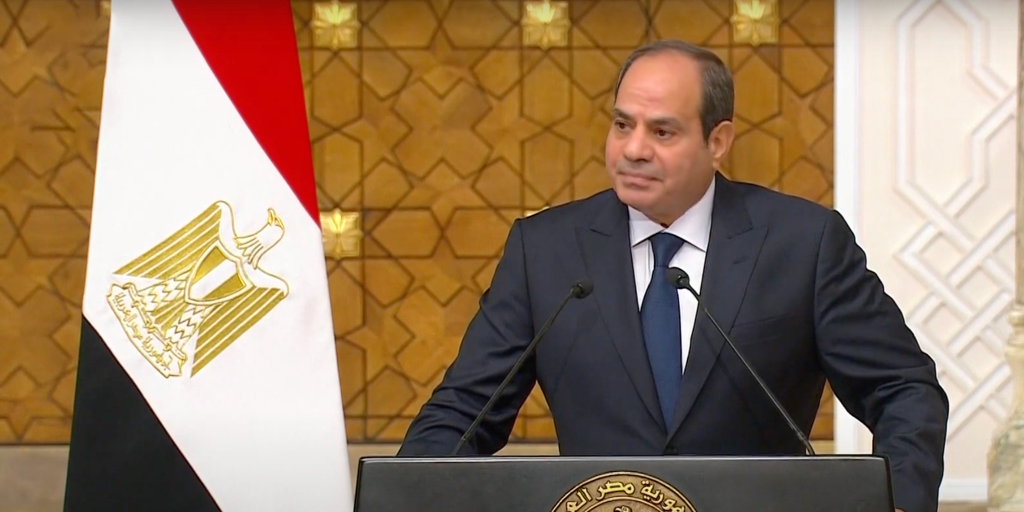In an effort to address economic challenges, Egyptian President al-Sisi raised the minimum wage by 50 percent to EGP 6,000 (USD 194) starting March, part of a social protection package.
The orders came from President al-Sisi, Prime Minister Mostafa Madbouly, and Minister of Finance Mohamed Maiit during a meeting on Wednesday, 7 February.
During the meeting, discussions took place to stabilize the macroeconomic environment, lower inflation, and regulate market prices for goods and services.
The most recent increase in the minimum salary for government workers was from EGP 3,500 to EGP 4,000 in September 2023.
The Egyptian government also announced a massive EGP 180 billion (USD 5.83 billion) social protection package, dubbed the “largest urgent social protection package” in the country’s history.
Over 13 million citizens will benefit from a 15 percent increase in their pensions, totaling EGP 74 billion (USD 2.39 billion). An additional 15 percent increase is allocated to the “Takaful and Karama” program, supporting vulnerable groups, at a cost of EGP 5.5 billion (USD 177 million).
This significant boost will provide much-needed support to retirees and vulnerable populations.
Egypt’s economy has been navigating turbulence recently, largely due to the devaluation of the Egyptian pound. The pound’s devaluation has made imports more expensive, leading to inflation that currently hovers around 20 percent. This translates to higher prices for essentials like food, fuel, and medicine, squeezing household budgets and eroding purchasing power.
On February 1st, the Central Bank of Egypt (CBE) took a decisive step in its fight against inflation, raising interest rates by a significant 2 percent. This marks the first such increase since August 2023.







Comments (0)